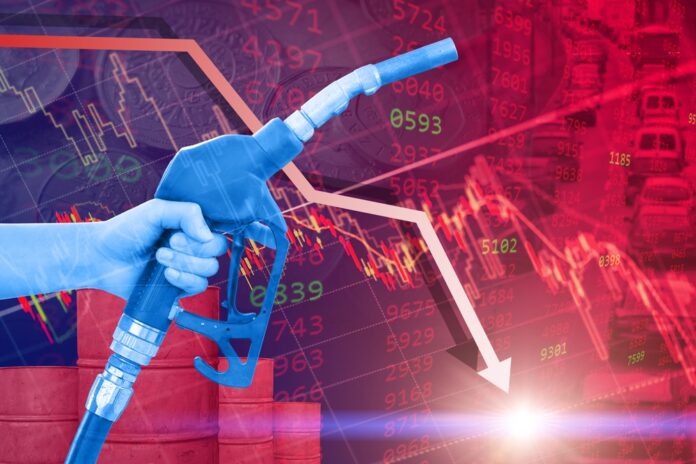Motorists can expect a significant relief at the pumps starting Tuesday, as fuel prices are set to drop further following a full week of global crude trading and a de-escalation of geopolitical tensions in the Middle East.
Jetti Petroleum Inc. president Leo Bellas said on Sunday that per-liter prices will be slashed by P1.50 to P1.70 for gasoline and P1.90 to P2.10 for diesel starting 2 July. This is higher than the earlier estimated reductions of P1.20 to P1.40 for gasoline and P1.70 to P1.90 for diesel, when markets had only factored in four days of trading.
The deeper cuts reflect last week’s sustained drop in global oil prices, driven largely by easing hostilities between Israel and Iran. Rodela Romero, director of the Department of Energy’s Oil Industry Management Bureau, said the diplomatic breakthrough between the contending parties helped make the price rollback possible.
DOE data from 20 to 30 June show pump prices in Metro Manila averaging P56.15 for gasoline (RON 91), P58.30 for diesel, and P72.62 for kerosene.
Michael Ricafort, chief economist at Rizal Commercial Banking Corp. (RCBC), noted that while the risk of a blockade in the Strait of Hormuz, a key passage for 20 percent of global oil supply, has not materialized, it remains a potential threat to Philippine supply chains that depend on roughly 500,000 barrels of imported oil daily.
Still, Ricafort warned that even the price relief, volatility in global crude markets and recent inflationary pressures could re-emerge, especially if geopolitical risks flare up or protectionist economic policies from the U.S. persist.
Unicapital Securities Inc. research analyst Peter Garnace also said global supply risks have eased substantially due to the Israel-Iran ceasefire. According to Garnace, oil prices could remain soft in the coming months, especially as OPEC+ is expected to raise production by 411,000 barrels per day in its upcoming 6 July meeting.
With this rollback, consumers may find temporary relief, though experts caution that the global energy market remains sensitive to geopolitical shocks.







